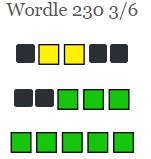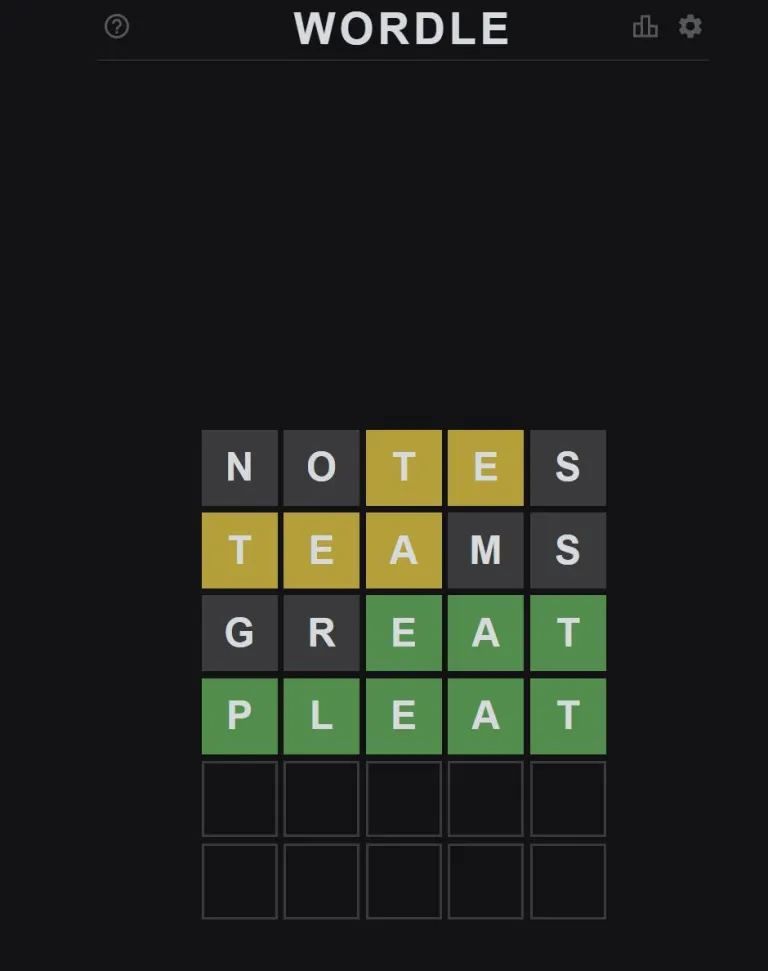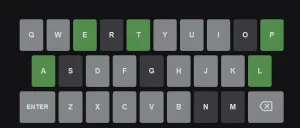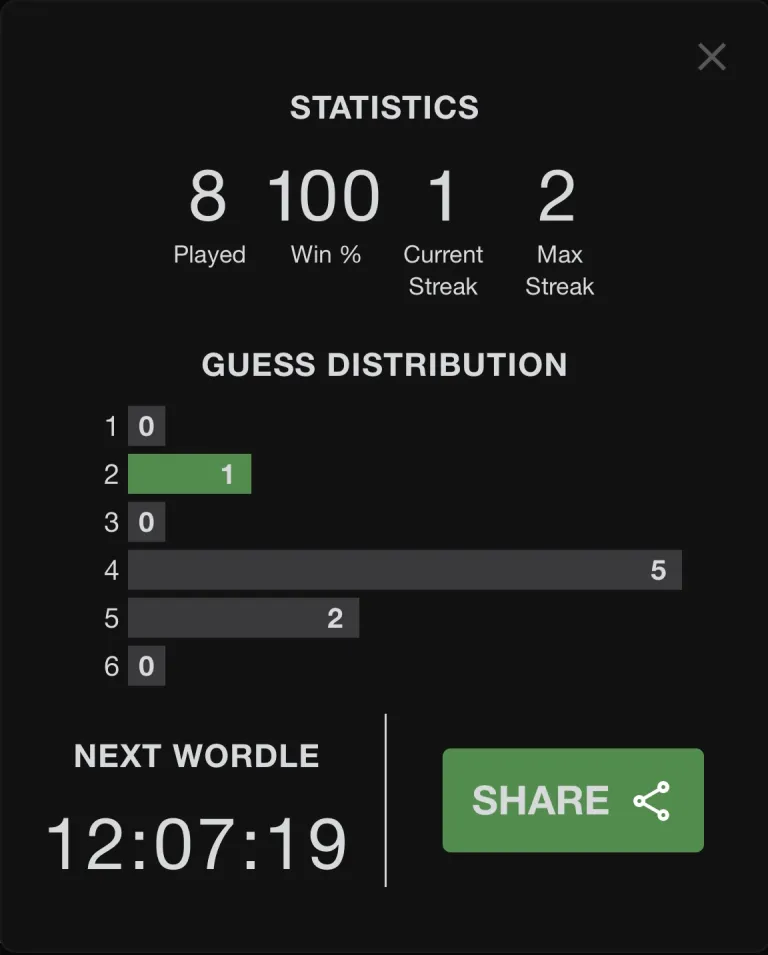Vocabulary Practice With Wordle
Hello and welcome to another edition of the TESOL Games and Learning Blog! Today, we’ll take a look at a popular online game that we can use for practicing vocabulary with our multilingual language learners.
If you spend much time on social media, you have most likely seen people posting something like this recently:

Those cryptic posts are the results of a game that is conquering the internet—Wordle. It is a fun and challenging word game that is not only great for exercising your language skills, but also a quick and easy vocabulary classroom exercise. Here is how it works:
In Wordle, you guess a five-letter English word, and the game reveals how many letters in your guessed word are part of the day’s secret word. Letters highlighted in yellow are part of the secret word, but not in the location you guessed. Meanwhile, green letters indicate the letter is in the correct spot of the secret word. Guesses that are highlighted in grey are letters that are not part of the day’s secret word.
Strategy is important in Wordle because you only receive six attempts to guess the secret word. The game conveniently tracks which letters you have used in a keyboard layout at the bottom of the screen.


The secret to Wordle’s hit status is you can only play once a day, and all players get the same word. With all players attempting to guess the same word, sharing—and bragging—about your score makes for fun social media posts.
The game also tracks your specific statistics each time you play, so you can also track how well you do over time.
Wordle makes for a great classroom warm-up activity. You can play collaboratively as an entire class, or, if students have their own devices, students can each play on their own to see who is the fastest or who can win in the fewest guesses. It can also serve as a great way to teach letter frequency in English, and there are plenty of articles across the internet that suggest the best starting word to guess based on letter frequency.
Wordle, which was purchased by the New York Times newspaper, is free to play and requires no log-ins or sign-ups. Although the newspaper has indicated the game will remain free to play, that may change.
In the meantime, give Wordle a try in class and, until next time, play more games!


